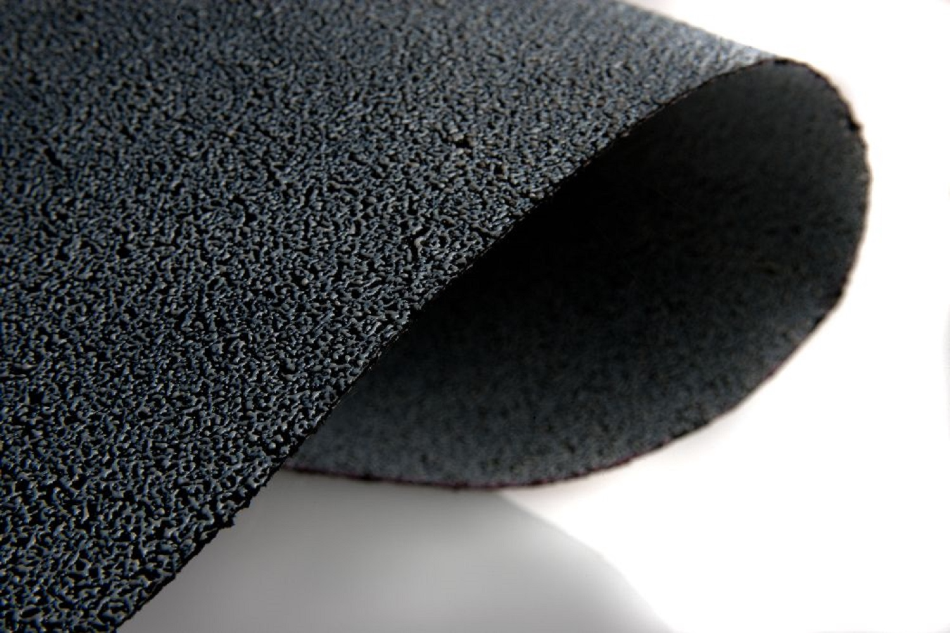Teijin Limited announced today that it has qualified its carbon fiber based materials Tenax® ThermoPlastic Woven Fabric (TPWF) and Tenax® ThermoPlastic Consolidated Laminate (TPCL) by Collins Aerospace, a unit of Raytheon Technologies Corporation, one of the world's leading manufacturers of aircraft structural components.

Tenax® TPWF is a woven carbon fiber fabric coated with a thermoplastic polymer and Tenax® TPCL are completely impregnated and consolidated sheets made of several layers of Tenax® TPWF.
The qualified product is based on woven high strength carbon fiber and polyetheretherketone (PEEK) polymer, which achieves high heat, impact and fatigue resistance, helps to reduce production costs and improve component manufacturing efficiency thanks to the potential of a rapid molding process. This material is suited for large-scale production of parts combined with high mechanical performance, such as structural components for aerospace.
Teijin has an existing strong business relationship with Collins Aerospace. As a proof, a facility of Teijin Carbon America, Inc., the company’s core carbon fiber business in the U.S., was awarded Supplier Gold as the only fiber manufacturer worldwide for the supply of an oxidized PAN fiber (OPF) Pyromex® for aircraft brake-friction materials.
As one strategic focus of its medium-term management plan for 2020-2022. Teijin is intensively accelerating its development of mid- to downstream applications for aircraft, such as cost-effective carbon fibers with higher-tenacity and higher-tensile modulus, intermediate materials including Tenax® Dry Reinforcement carbon fiber materials (Tenax® DR), carbon fiber thermoplastic unidirectional pre-impregnated tape (Tenax® TPUD), carbon fiber thermoplastic consolidated laminate (Tenax® TPCL) and thermoset prepreg. Going forward, Teijin intends to further strengthen its carbon fiber and its intermediate material business as a leading solution provider for aircraft applications, targeting annual sales in this field in excess of USD 900 million by around 2030.